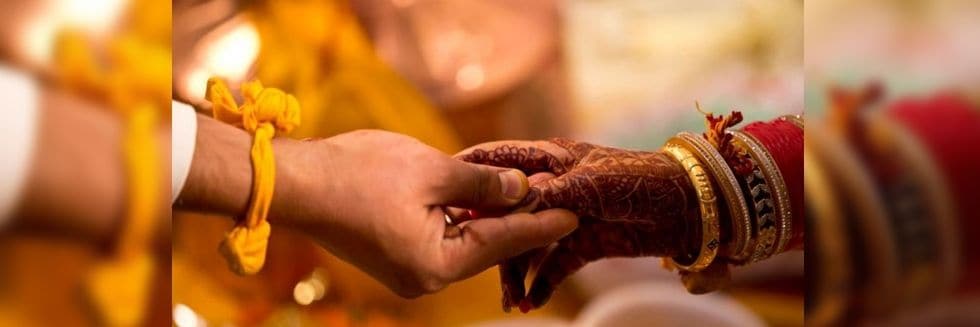Kerala High Court recently noted that the husband’s act of constantly taunting and comparing his wife with other women amounts to cruelty as contemplated under Section 10(x) of the Divorce Act, 1869, for the purpose of dissolution of marriage.
A Division bench comprising Justice Anil K Narendran and Justice CS Sudha observed for the ground of cruelty to be met, the conduct of the husband must lead to the conclusion that the wife cannot be reasonably expected to live with him.
“The constant and repeated taunts of the respondent/husband that the petitioner is not a wife of his expectations; the comparisons with other women etc. would certainly be mental cruelty which a wife cannot be expected to put up with,” the bench noted.
The bench observed that even though the irretrievable breakdown of marriage is not a sufficient ground for dissolution when marriage seems to have broken down beyond repair, the law should take note of the fact in the interest of the parties and society.
“Public interest demands not only that the married status should, as far as possible, as long as possible, and whenever possible, be maintained, but where a marriage has been wrecked beyond the hope of salvage, public interest lies in the recognition of that fact…. Human life has a short span and situations causing misery, cannot be allowed to continue indefinitely. A halt has to be called at some stage. Law cannot turn a blind eye to such situations, nor can it decline to give adequate response to the necessities arising therefrom,” reads the judgment.
The bench was hearing an appeal filed by the husband against a family court order which had allowed the wife’s petition seeking dissolution of marriage. The family court had accepted non-consummation of marriage as ground under Section 10(vii) of the Divorce Act. However, the court rejected allegations of cruelty under Section 10(x) of the Act.
Non-Consummation of Marriage and Cruelty
The wife had alleged that her husband had never consummated the marriage and wilfully refused to engage in any relations. On the other hand, the husband claimed that the two had engaged in sex several times, but had to stop a few times since the wife complained of some pain which a gynecologist later said could be corrected through surgery or repeated intercourse.
Over appreciation of the material on record, the bench noted that wilful abstinence could not be established within the meaning of Section 10(vii) of the Act.
The wife also alleged that the husband is a short-tempered man and had been physically abusive towards her on several occasions. Adding more to the allegations, she submitted that her husband used to constantly remind her that she did not meet his expectations in terms of looks, that she was not “cute enough” for him and that she was a let down compared to other women, including some prospective brides of his brother.
She also alleged that he used to get jealous if she received messages from her male friends.
The court stated that whether or not a set of actions constitute cruelty within the confines of marriage must be ascertained on a case-to-case basis, keeping in mind the socio-economic and cultural background of the couple concerned.
Noting that the material on record establishes a case of cruelty under Section (x) of the Act, the bench dismissed the appeal and stated, “In the instant case, the matrimonial bond between the parties seems to be beyond repair. The marriage between the parties is only in name. The marriage has been wrecked beyond the hope of salvage, public interest and interest of all concerned lies in the recognition of the fact and to declare defunct de jure what is already defunct de facto. To keep the sham is obviously conducive to immorality and potentially more prejudicial to the public interest than a dissolution of the marriage bond.”






